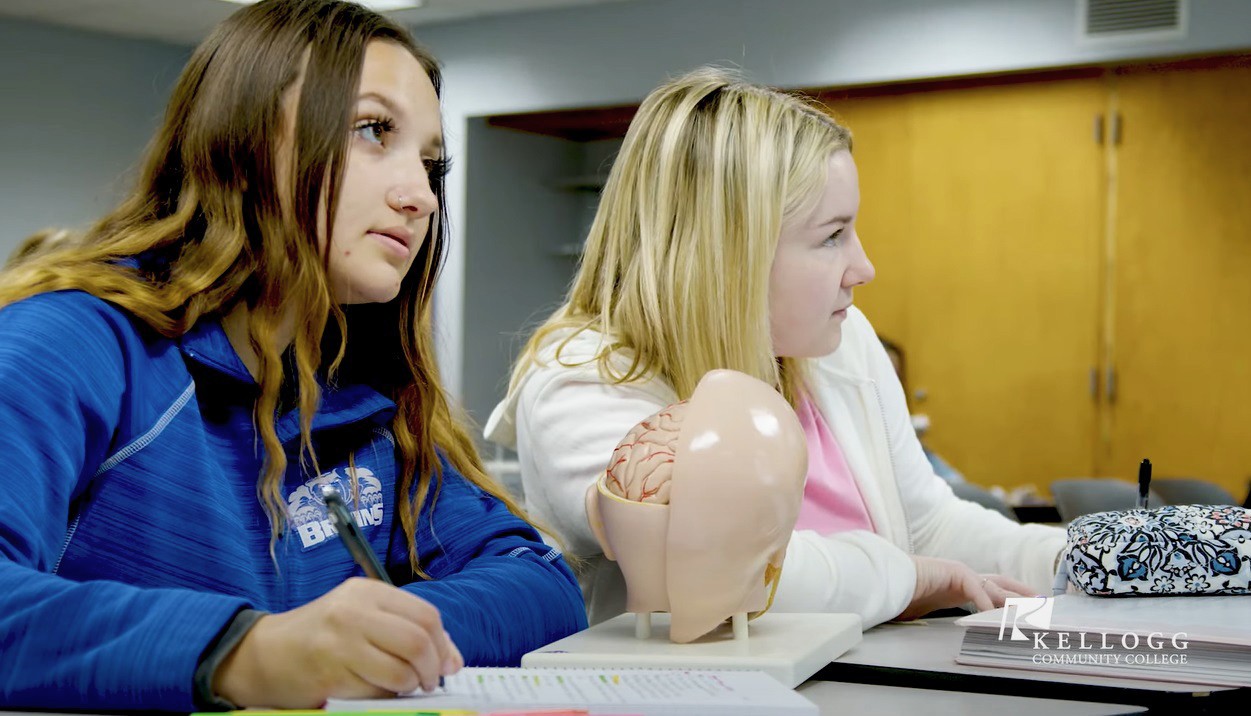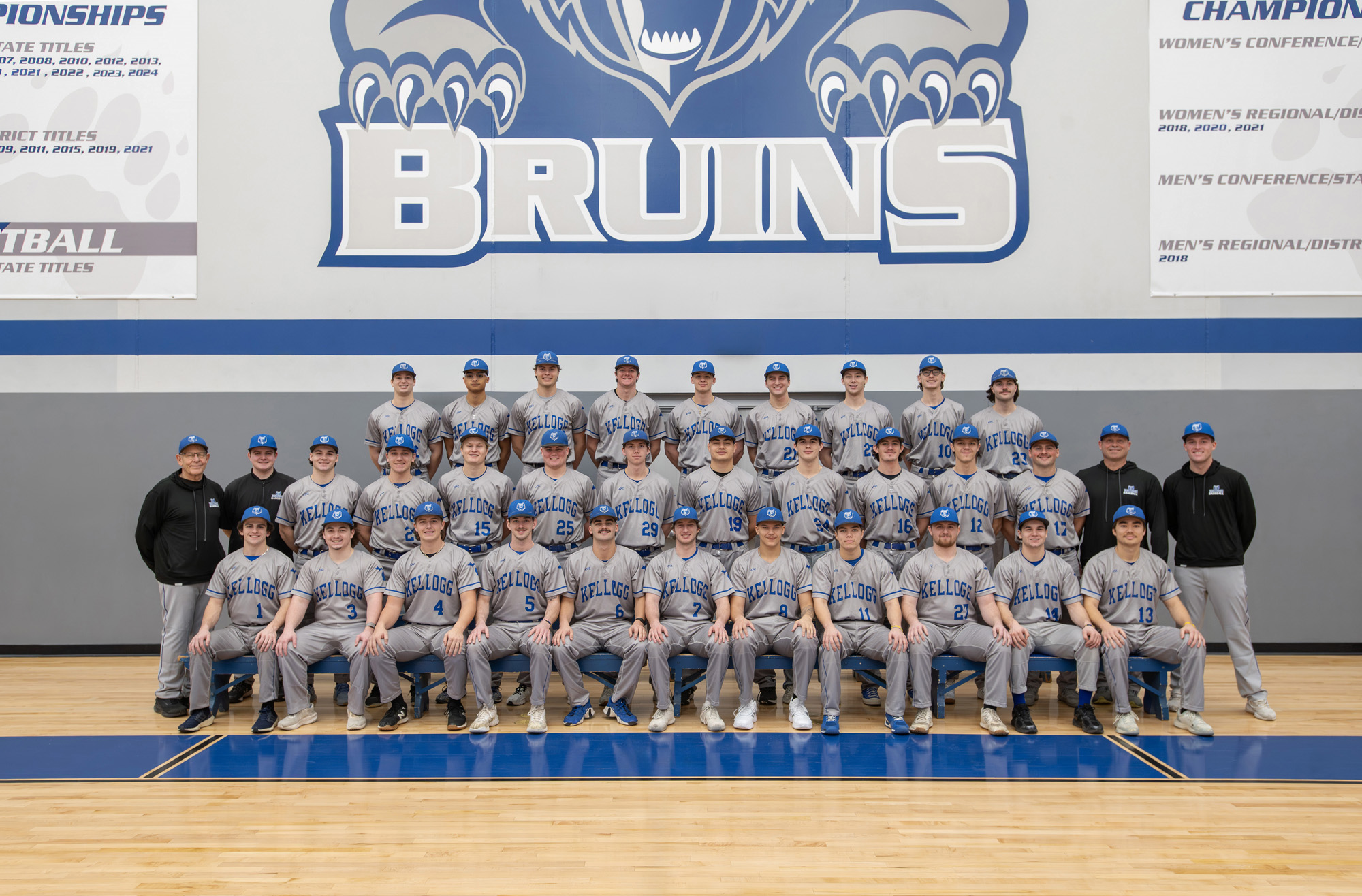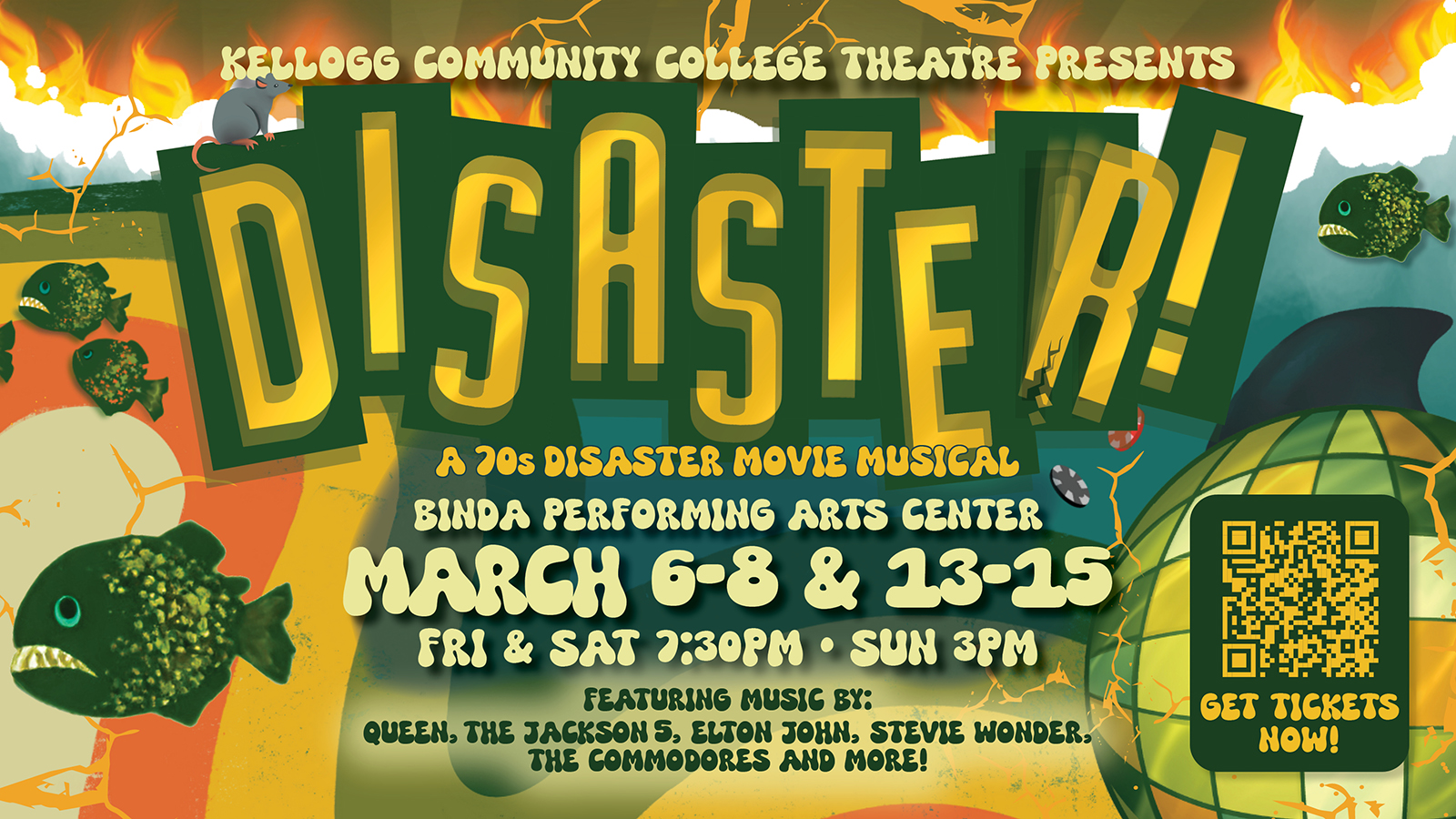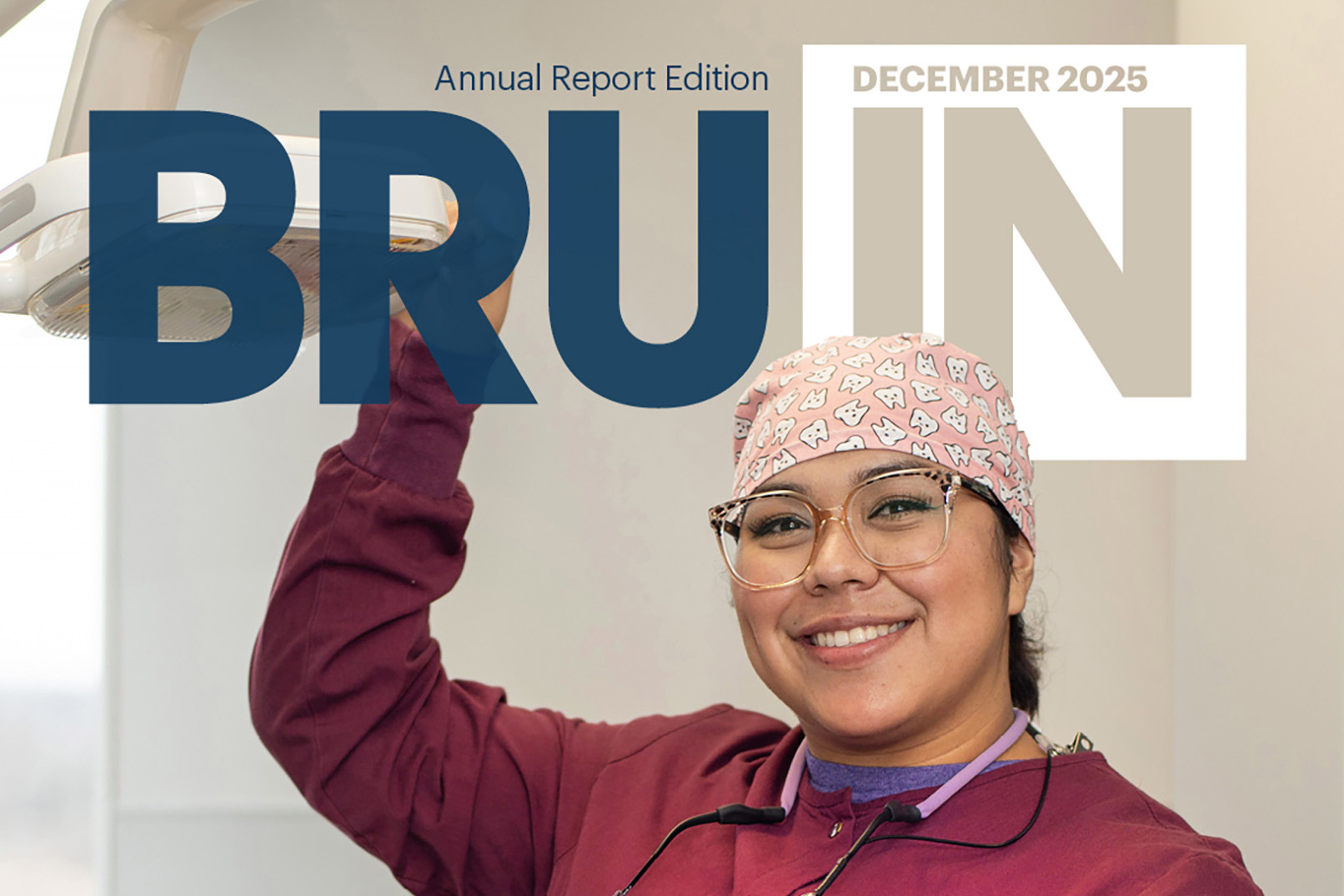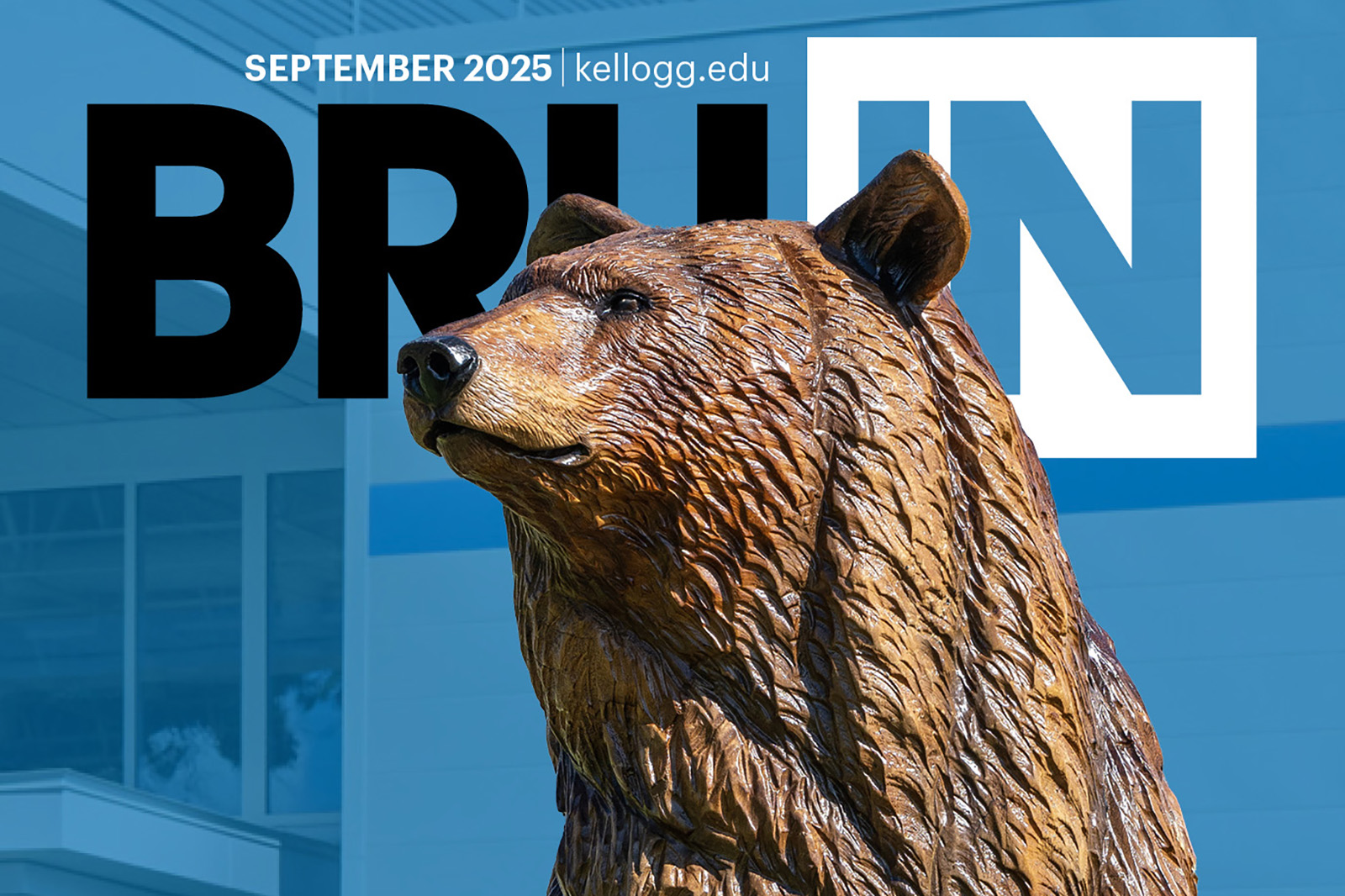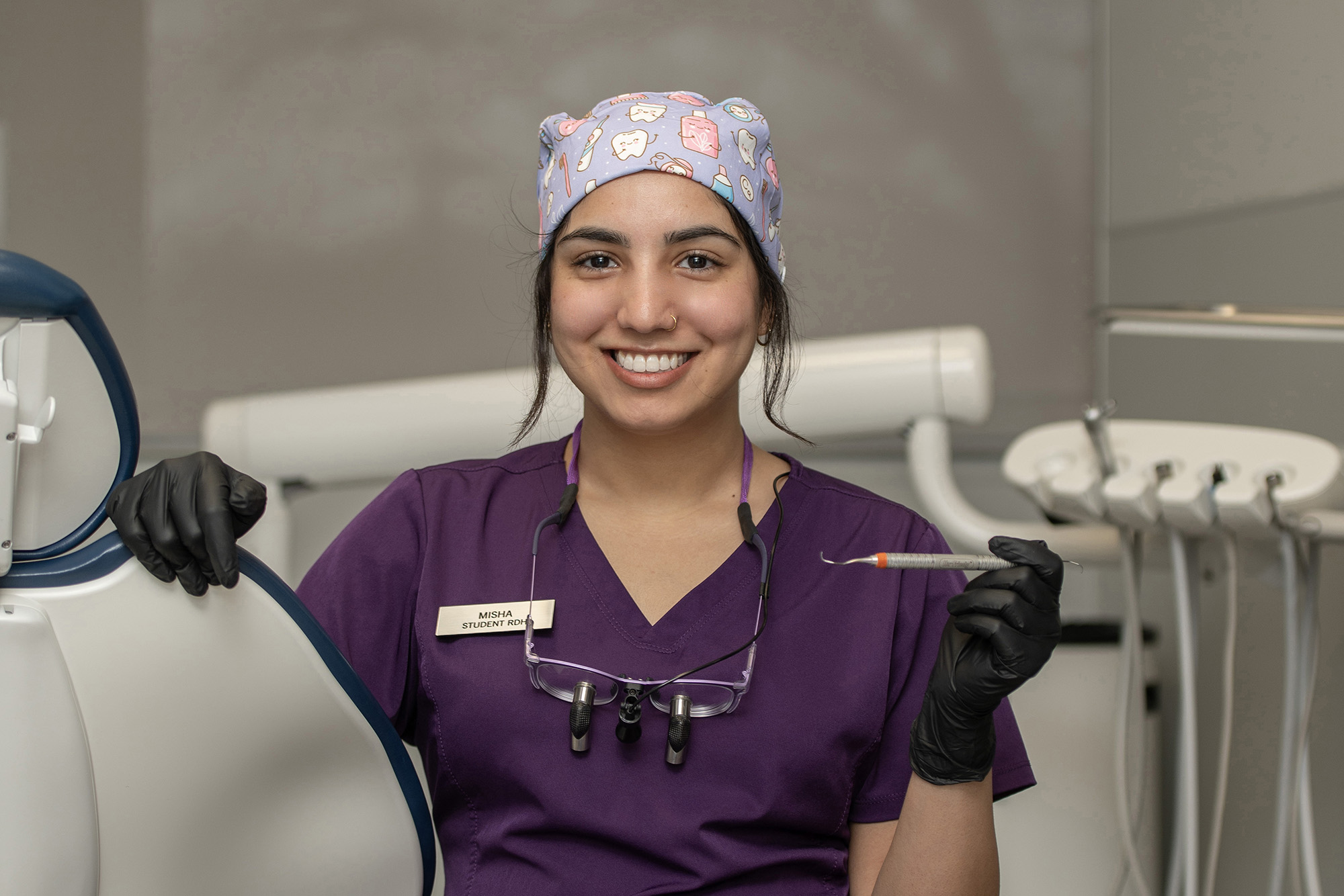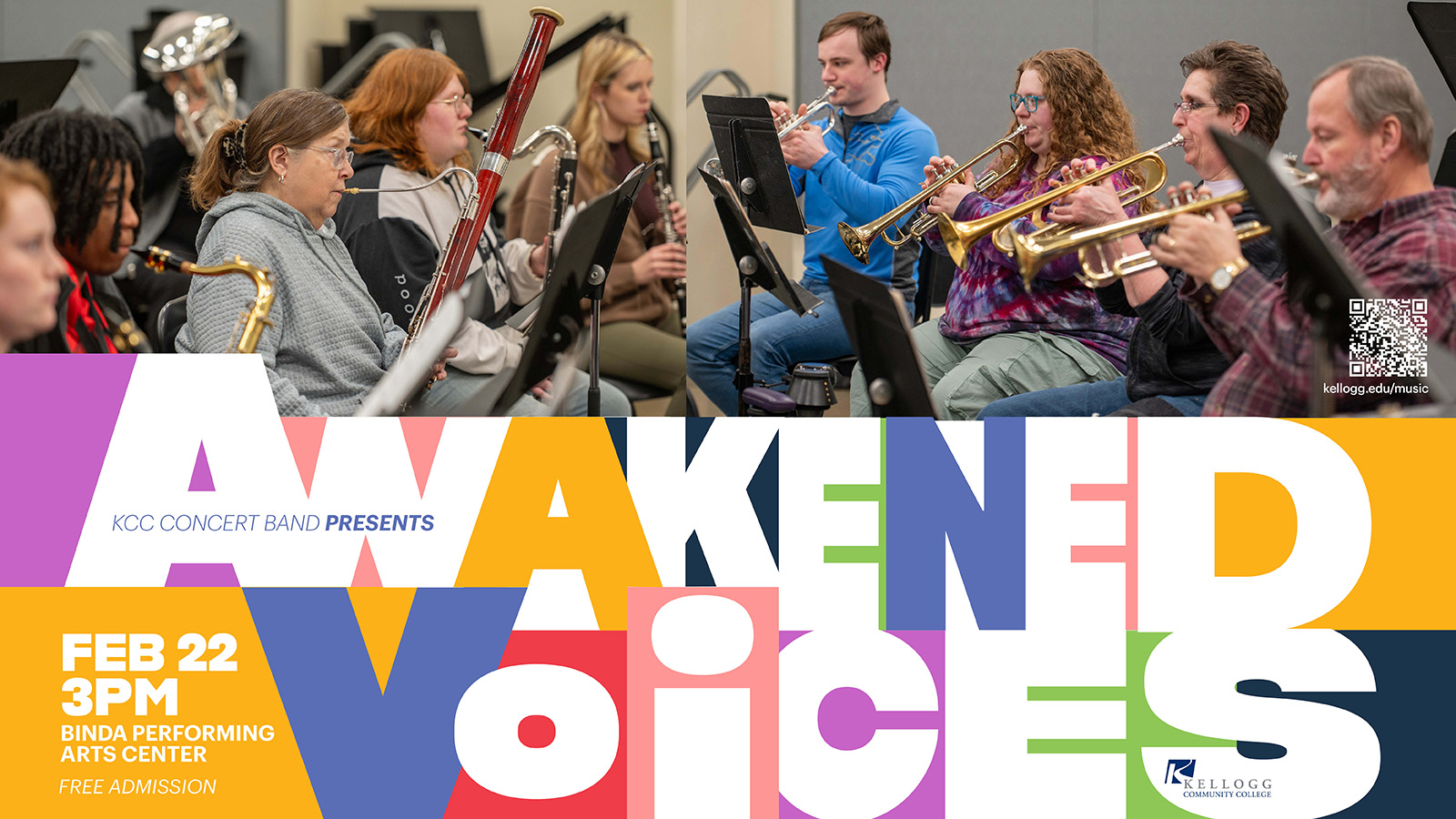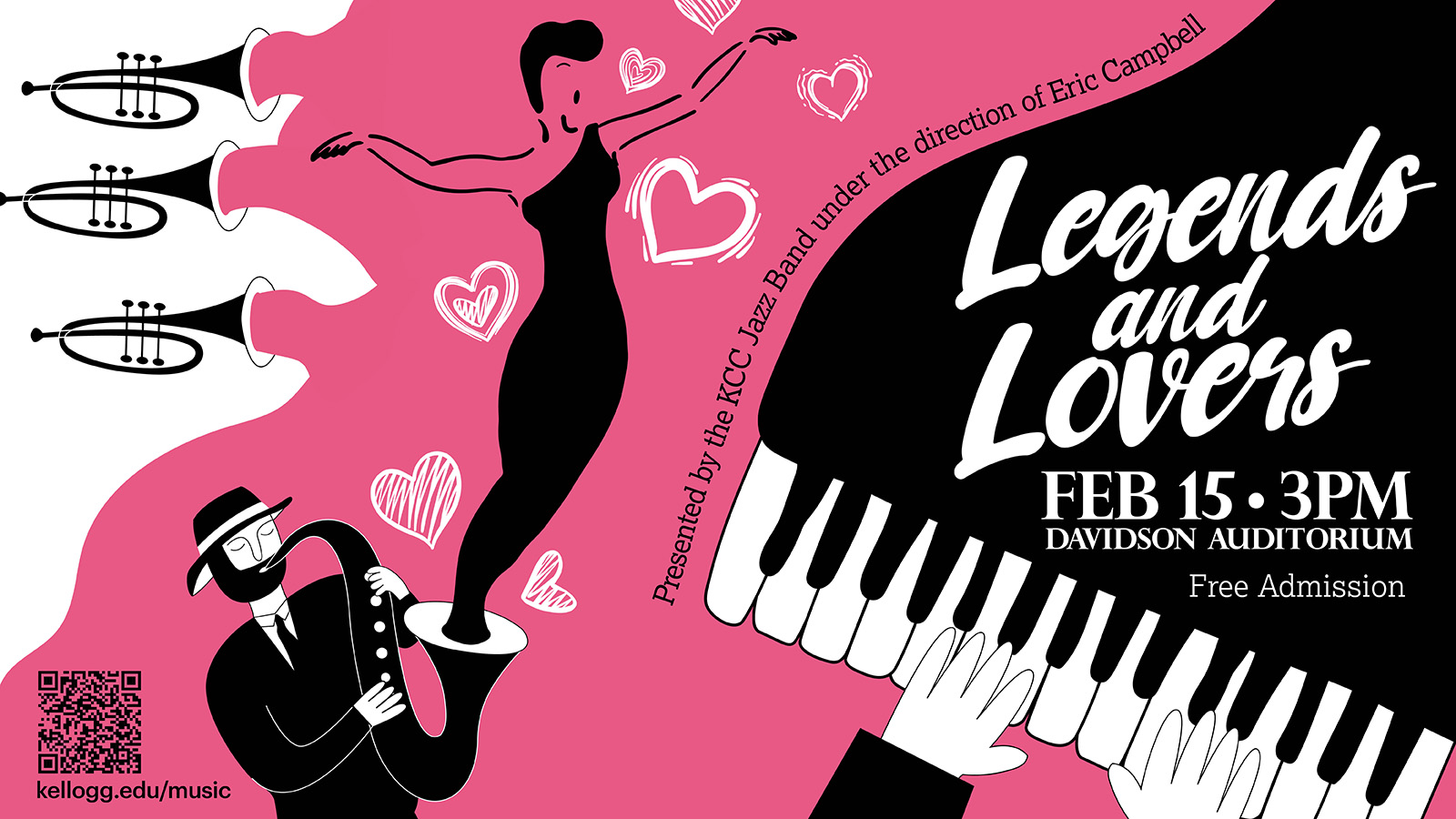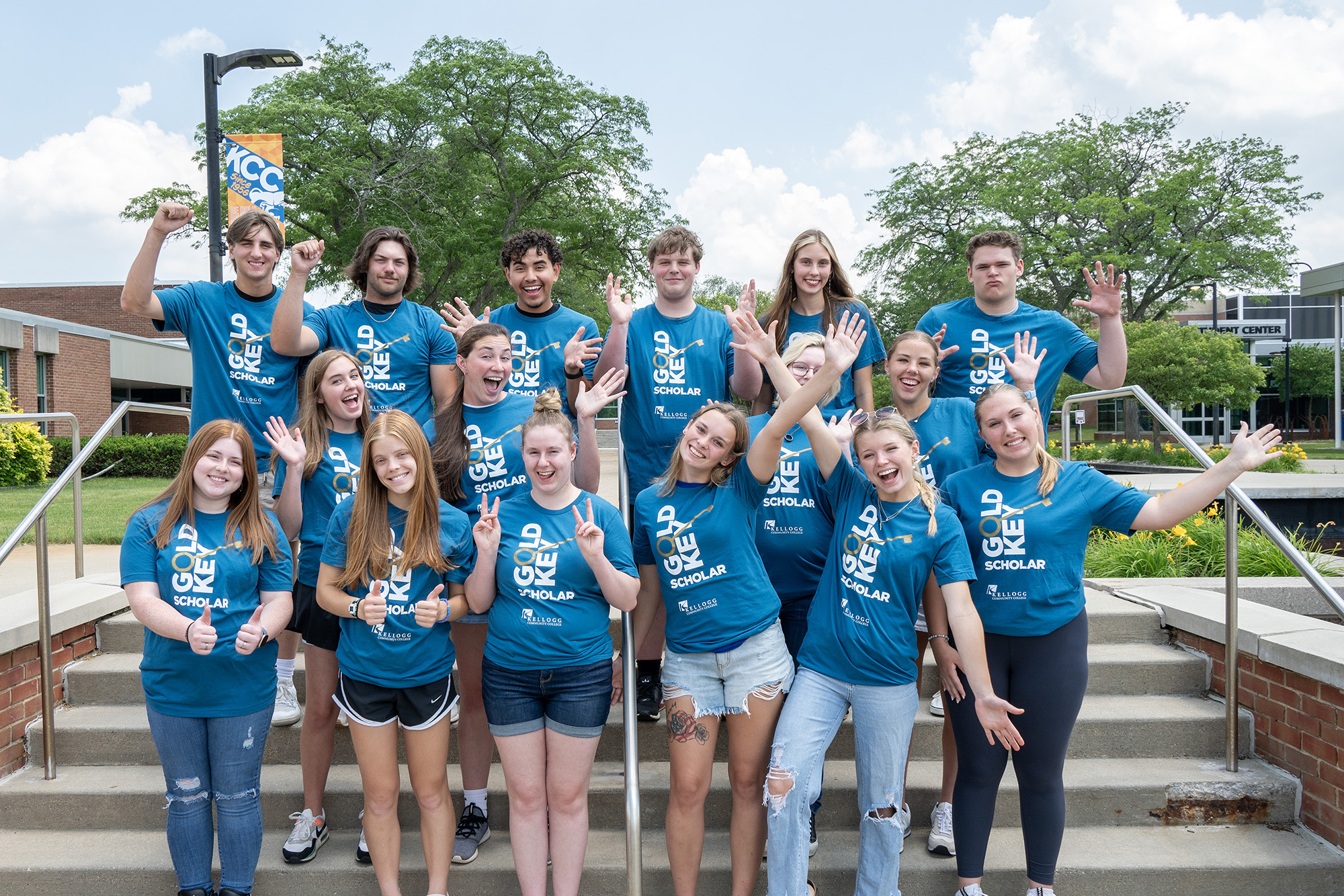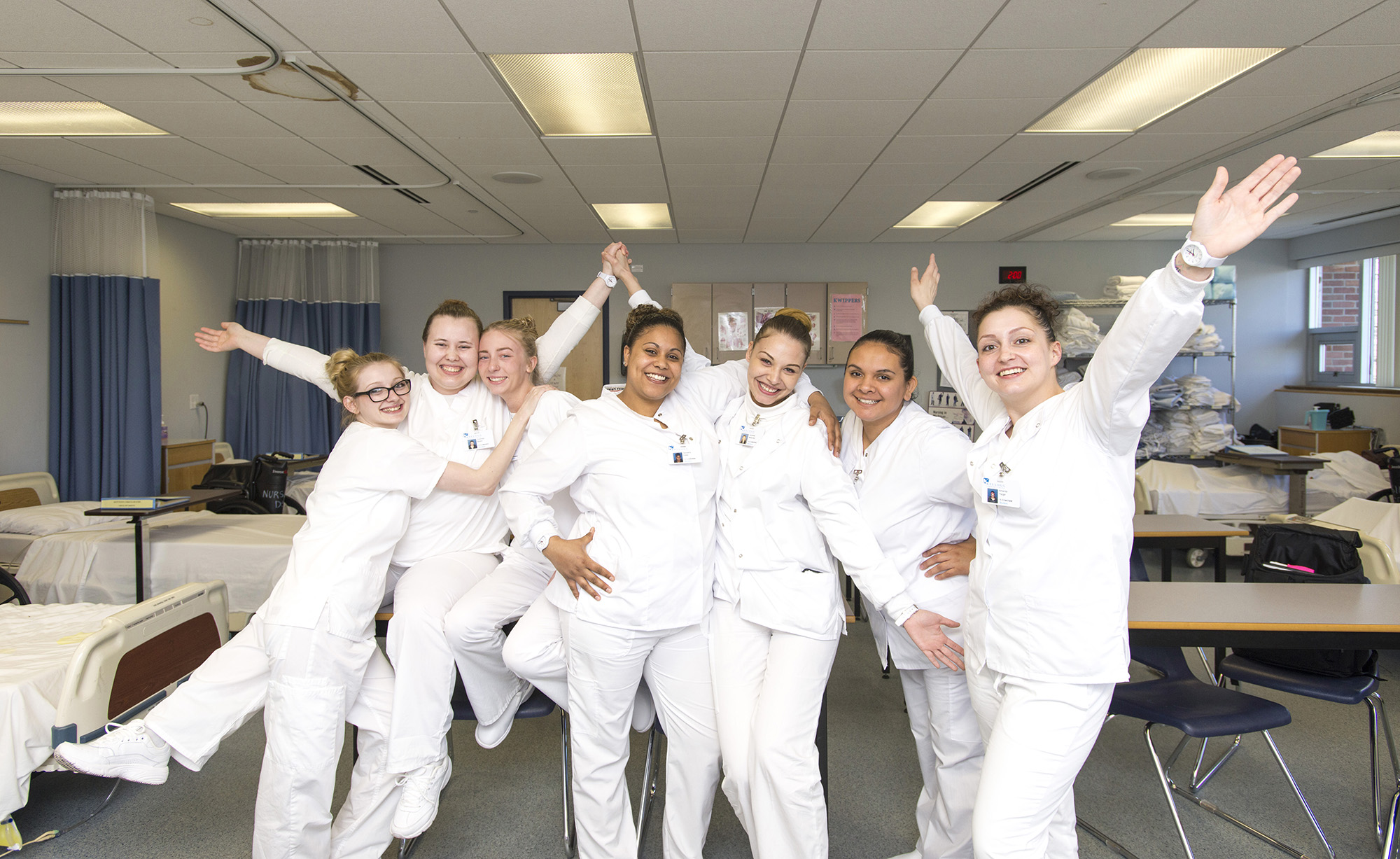Interested in taking a psychology class this fall but aren’t sure where to start? Below is a list of psychology classes offered this fall at Kellogg Community College, along with the relevant course descriptions.
The first Fall 2023 classes at Kellogg Community College start Aug. 28, and the semester ends Dec. 15. If you’re not a student yet but would like to sign up for fall classes, you can apply now for free online at kellogg.edu/apply. Current students can register for classes any time online via the Bruin Portal.
For help signing up, contact the KCC Admissions Office at 269-965-4153 or adm@kellogg.edu. For more details about the courses listed below, click here to view our Course Catalog, filter by “Fall Semester 2023” in the “Term” section under “Advanced Search,” then filter by subject.
PSYC 201: Introduction to Psychology (3 credits)
Psychology is the science of behavior. Topics investigated: biological foundations of behavior, learning, child development, sensation and perception, thinking, emotion, motivation, individual differences, personality, frustration and adjustment, abnormal behavior and techniques of psychotherapy.
PSYC 201H: Introduction to Psychology – Honors (3 credits)
Psychology is the science of behavior. Topics investigated included biological foundations of behavior, learning, child development, sensation and perception, thinking, emotion, motivation, individual differences, personality, frustration and adjustment, abnormal behavior and techniques of psychotherapy. As an honors course students will design, implement and assess activities utilizing the principles and practices of psychology.
PSYC 220: Developmental Psychology (3 credits)
A survey of physical, cognitive and psychosocial development through the total life span. Emphasis is on the normal changes in human behavior that result from continuous interaction of maturation and experience. Cross-cultural comparisons of developmental patterns are also considered.
PSYC 250: Abnormal Psychology (3 credits)
The study of psychopathology in individuals from four current points of view: psychiatric (biophysical), intrapsychic, phenomenological and behavioral. Special attention will be paid to describing psychopathology in terms of behaviors. The course will also include current approaches to assessment and treatment.
PSYC 265: Addiction and Human Behavior (3 credits)
This course is designed as an overview of and introduction to some common drugs and the subsequent behaviors/outcomes related to their use (e.g., addictions, abuse and dependence.) The societal impact, as well as the affects drugs have on the individual (psychologically and physiologically) will be explored. In addition, the issues of treatment and prevention will be investigated and identified.
PSYC 270: Human Sexuality (3 credits)
This course is an introduction to the biological, psychological and social aspects of human sexuality. Topics to be covered include sexual beliefs and values, sexual development, male and female anatomy and physiology, the sexual response cycle, sexual health and wellness, pregnancy, contraception, sexual orientation issues, intimate relationships, sexual dysfunction and sexual abuse. This course will allow the student an opportunity to build and/or examine their own set of sexual values. Since values are based upon knowledge, students will be required to demonstrate an understanding of information regarding the physiological, psychological and social aspects of human sexual behavior.
PSYC 285: Introduction to Neuropsychology (3 credits)
Neuropsychology is the study of the relationship between behaviors, memory, emotions, perceptions and human brain function. Brain dysfunction, disease and mental illness are also examined in relationship to the normal and abnormal functioning of the brain. A biopsychosocial approach is applied to this understanding.
PSYC 290: Social Psychology (3 credits)
Social psychology is the scientific study of how people’s thoughts, feelings and behaviors are influenced by the actual or imagined presence of other people. The course helps students understand their own thoughts, feelings and actions and the social contexts that influence them. They learn how applied research in social psychology can help improve physical and psychological health, how it can be used in different professions, and to help address a variety of social problems.
Psychology classes are an integral part of KCC’s Associate in Arts transfer degree for non-STEM majors. For more information, visit kellogg.edu/experience or kellogg.edu/psychology. For more details about signing up for classes at KCC, visit kellogg.edu/registration.


